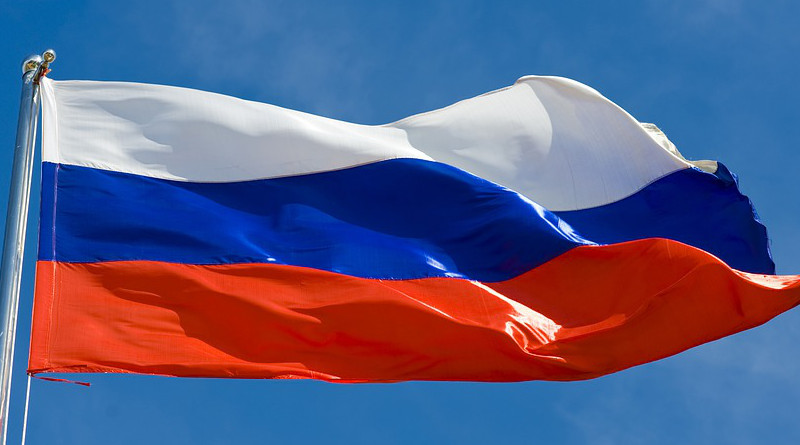Russia Now Has More Political Prisoners Than USSR Did In 1976 – OpEd
By Paul Goble
Two years ago, Russian activist Vladimir Kara-Murza pointed out that Vladimir Putin’s Russia had more political prisoners than the USSR did when Andrey Sakharov began calling attention to them in the USSR in 1976 (rferl.org/a/activist-number-of-political-prisoners-in-russia-twice-what-it-was-in-ussr/30048022.html).
In period since Kara-Murza made that calculation, Ellen Leafstedt of St. Antony’s College in Oxford says, the numbers of political prisoners in Russia have only increased and indeed continue to rise. In an article for the Riddle portal, she suggests that it is important to recognize their diversity (ridl.io/ru/nakazanie-bez-prestuplenija/).
One can divide them into two categories, “people who land in prison for public expression of their political convictions and those who represent minorities who are deprived of their freedom for religious affiliations and convictions. The latter category is the more numerous, Leafstedt says.
Among the most numerous of the second category are those charged with terrorism for their affiliation with groups like Hizb ut-Tahrir. Rapidly growing in number are Jehovah’s Witnesses whose denomination the Russian Supreme Court declared to be an extremist organization.
A third category involves those who can be charged with extremism and terrorism for political rather than religious reasons, people in groups like the New Greatness and the Sevastopol diversionists. And a fourth includes any political activist the Kremlin decides is inconvenient if left at large. Aleksey Navalny is the most prominent of these.
Not only are political prisoners more numerous in Russia than they were at the end of Soviet times but the authorities consider that they must blacken their reputations before they bring them to trial rather than doing both only at the same time, Leafstedt points out. That makes it more difficult for their supporters to launch campaigns in their defense.
The St. Antony’s scholar concludes by suggesting that “in the final analysis, not all political prisoners must be martyrs or even innocent to deserve basic human rights. Even those prisoners who are not innocent are often persecuted not so much for the crimes they have committed as for their public activities.”
Given that Russian courts rarely return not guilty verdicts – that happens in fewer than one percent of all cases – many who aren’t listed as political prisoners by human rights organizations nonetheless have the right to claim the title as well.


Kara-Murza’s original statement comparing political prisoners in the Soviet Union and Russia is incorrect. In his Nobel Peace Prize speech Sakharov lists the names of over 100 prisoners of conscience in the Soviet Union. However, he states that these are only “some of the names known to me”, and that many more could be listed. In the same speech, in reference to the Soviet Union, he talks about “hundreds and thousands of prisoners of conscience”.
I have absolutely no sympathy for Putin, and Russia’s current human rights record is atrocious. But even if one puts aside the difficulties of defining who exactly was/is a political prisoner or a prisoner of conscience in the Soviet Union and present-day Russia, and the difficulty of comparing political repression in the Soviet Union and present-day Russia, this comparison is incorrect and misleading.